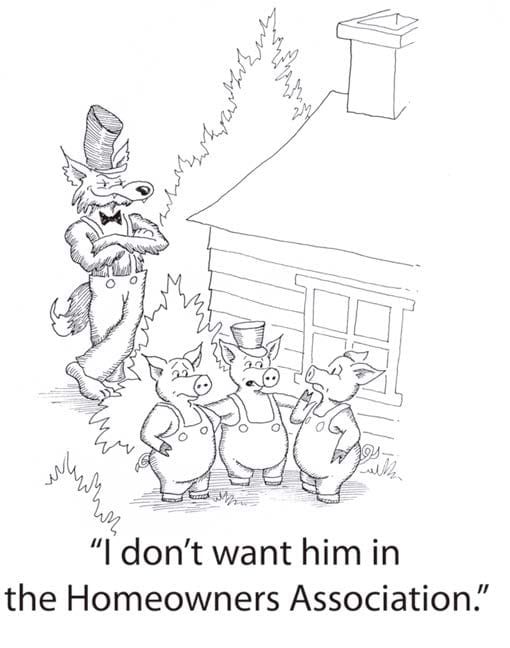
Legal Ease – HOA Meetings
Each condominium complex in Costa Rica has a set of bylaws known as Covenants, Conditions and Restrictions (CC&Rs), outlining the rules, regulations, dues, rights and obligations of condo owners.
The Homeowner’s Association (HOA) consists of the individuals who own condo units registered in their own name or under a Costa Rica corporation.
Unless otherwise indicated in the CC&Rs, there should be an annual general meeting of the HOA to vote on relevant matters for the complex such as annual budget, appointment or renewal of the HOA administrator, monthly HOA fees and special assessments.
In advance of the HOA meeting, within the time period established in the CC&Rs, owners should be notified with a proposed agenda of matters to be discussed and voted on.
For condo units owned under a corporation, the HOA meeting representatives must bring valid identification and legal certification (personería jurídica) confirming their legal capacity and power to vote on behalf of their corporation.
The personeríia juríidica must be dated no earlier than 30 days from the HOA meeting date, issued either by the National Registry or by a notary public of Costa Rica with all the legal stamps and seals included.
Homeowners who will not be attending the HOA meeting may appoint a person to be present and vote on their behalf with a special power of attorney (POA) or full POA. Consultation with a lawyer is advisable to ensure the POA is properly executed in compliance with Costa Rican law. (For details, see the LegalEase article in the November 2017 issue of Howler.)
Keep in mind that not all the “legal representatives” of a Costa Rica corporation have sufficient capacity and authority to be able to grant a POA in favor of a third party.
They may have full POA themselves, but lack the capacity to grant it to another person. This capacity can and must be verified before the National Registry, with the corporation name and ID number.
Condo owners/corporation legal representatives who are outside Costa Rica and not attending the HOA meeting have the option to execute a POA through the corporate books of the Costa Rican corporation that owns the condominium.
In this instance, 100 percent of the shareholders of the corporation that owns the condominium must execute a proxy letter (carta-poder) authorizing their attorney or designated person to hold a General Extraordinary Meeting of their corporation to vote on the POA approval. The meeting minutes must be transcribed, signed and legalized by a notary public “protocolización del acta” to execute the POA for the HOA meeting.
